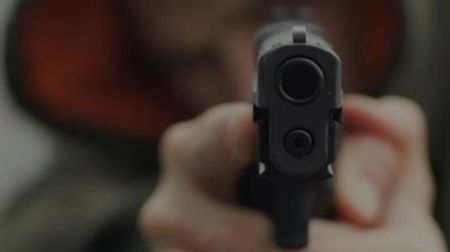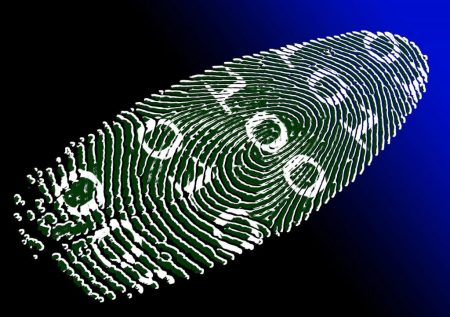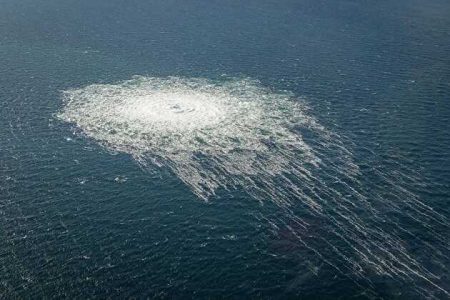In 2021, in Russia, criminal prosecution for posts and comments on the Internet has almost reached its peak – 401 incidents. 44 people were sentenced to real terms for statements in social networks.
About it says the report “Internet Freedom 2021: The Realm of Censorship” by the Network Freedoms project.
Previously, the most popular article for most criminal cases was incitement of hostility (Article 282 of the Criminal Code of the Russian Federation), but in 2021 the justification of terrorism (Article 205.2 of the Criminal Code of the Russian Federation) and incitement to extremism (Article 280 of the Criminal Code of the Russian Federation) took the lead. These articles, handled by the FSB, have almost completely supplanted cases of incitement to hatred, according to the report.
In total, in 2021, according to researchers, more than 451,000 interferences with Internet freedom took place in Russia, which is one and a half times more than in 2020. Most of the incidents are related to the blocking of pages and individual sites. In 2008, “Net Freedoms” counted only 18 cases of interference with freedom of expression online.
However, over the past year, the number of regions in which Internet freedom is most restricted has decreased. In 2020, there were 58 such regions, and now there are 54. The least interference with freedom is in Adygea, the Jewish Autonomous Region and the Kamchatka Territory. In the “red zone” (where the most restrictions were recorded) are Moscow, St. Petersburg, the Krasnodar and Primorsky regions, as well as the Moscow, Omsk and Saratov regions.




